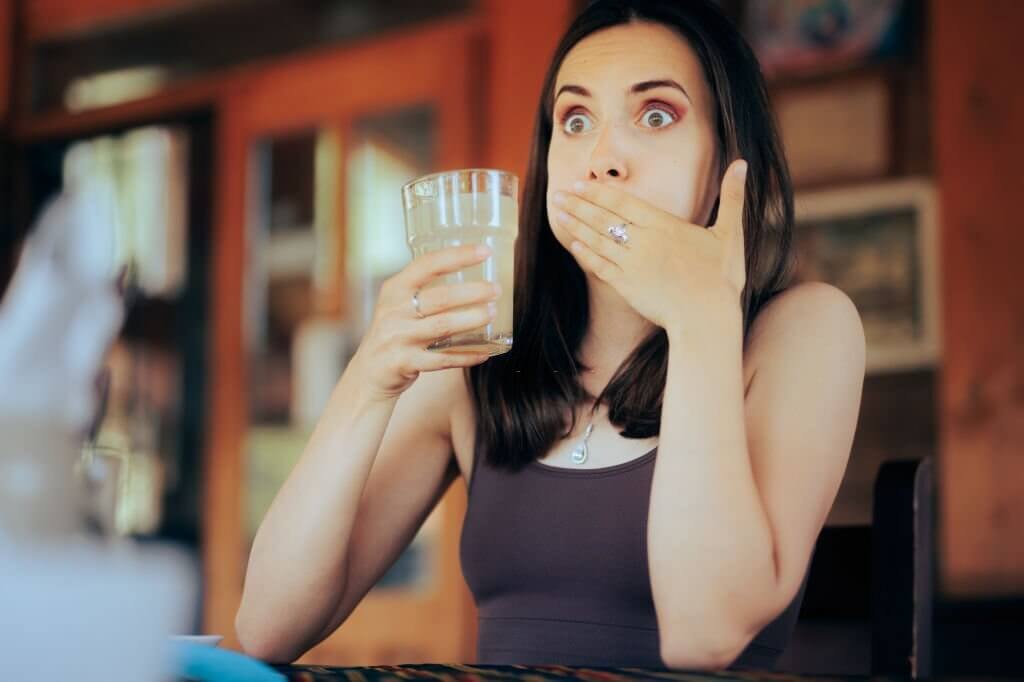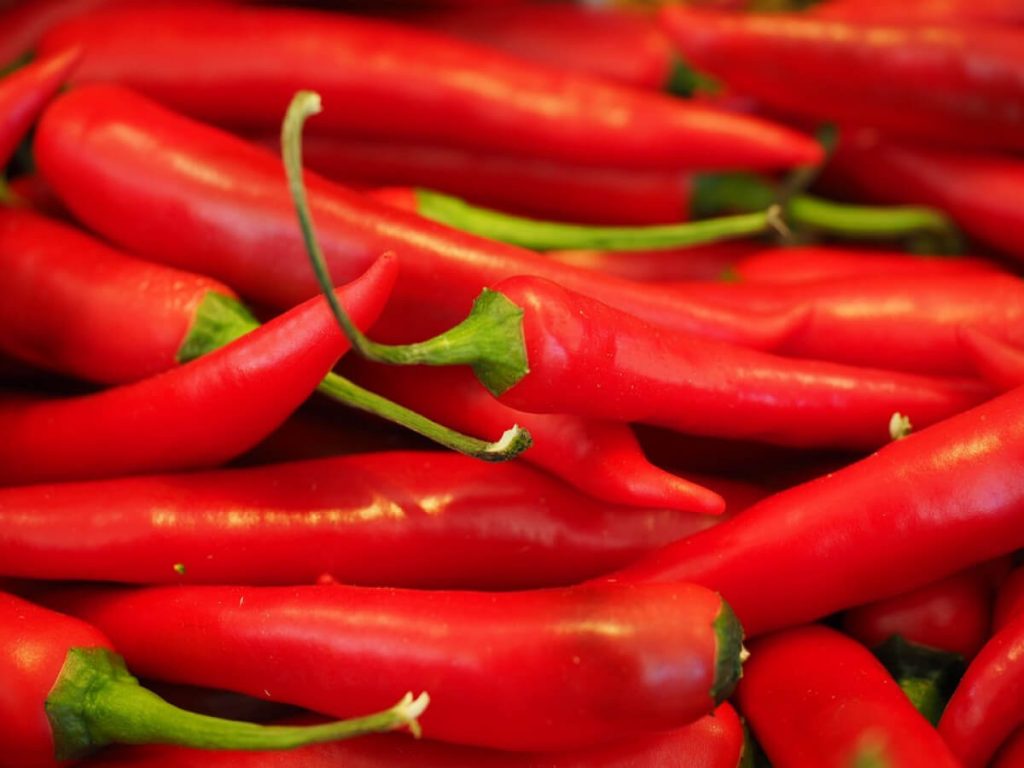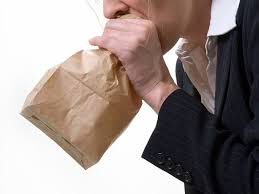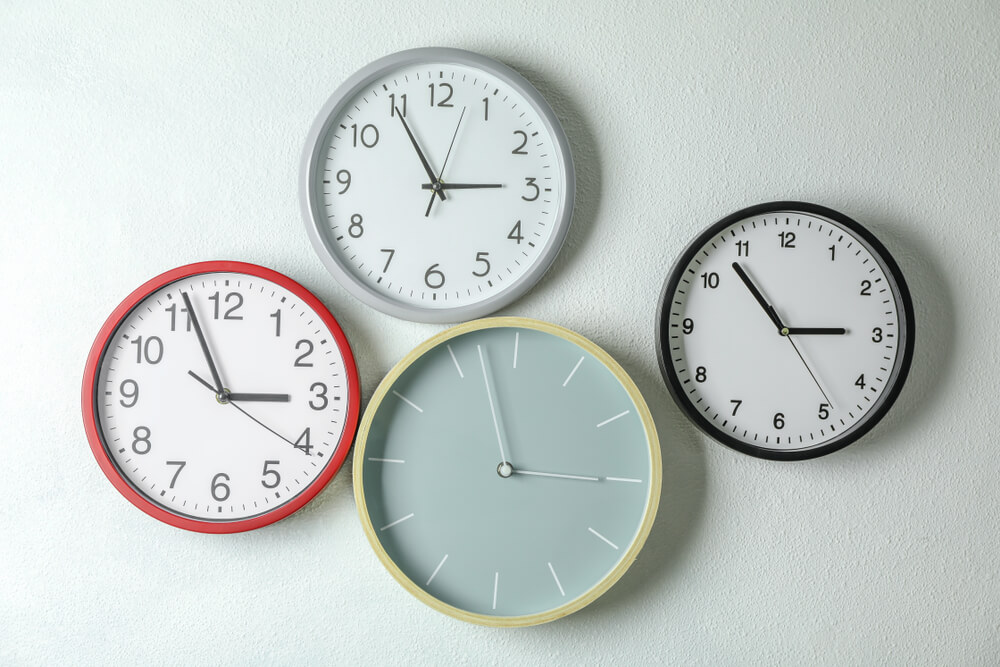If you like spicy food, you’ve probably had a hiccup after eating it and wondered what makes it happen and why. What causes this, and why are some people more affected than others?
We are unsure, is the quick response. We can examine a few theories below, though.
First And Foremost, Let’s Define Hiccups.
When you hiccup, the diaphragm, a muscle just behind your lungs, contracts repeatedly and violently.
The diaphragm regulates respiration in addition to defining the border between your chest and abdomen. Your lungs take in oxygen due to your diaphragm contracting. Your diaphragm unwinds as you expel carbon dioxide through your lungs.
Additionally, an irregular diaphragmatic contraction is the cause of hiccups. With each diaphragmatic contraction, the larynx (voice box) and vocal cords abruptly close. The outcome is a sudden rush of air into the lungs. physical occurrences that make your body chirp or gasp.
You can’t plan for hiccups. Each time you have a spasm, you usually feel a minor neck or chest constriction before the characteristic hiccup sound.
Hiccups can occasionally start and stop quickly. The average length of an episode is a few minutes.
There are many causes of hiccups in humans. However, the list of triggers isn’t exhaustive. Hiccups frequently appear and vanish in an instant.
There Are Many Potential Reasons For Hiccups, Such As:
- Overeating
- Dining on hot food
- Eating antioxidant
- Drinking fizzy beverages, like sodas
- Eating spicy food
- Abruptly lowering of air temperature
- Aerophobia, or consuming too much air
- A mouthful of air while chewing gum
You May Have Hiccups More Frequently For A Variety Of Reasons.
Examples are,
1.If you are a male.
2.if you possess powerful mental or emotional responses, like fear or excitement. e.t.c
How To Put A Halt To Hiccups
Most hiccups aren’t dangerous or cause for alarm. However, a protracted episode can be distressing and uncomfortable, and the following are steps you can take
- breathe into a paper bag (do not put it over your head)
- Lean forward and bring your knees to your chest.
- drink some icy water.
- ingest some sugar granules
- Eat some lemon or taste some vinegar.
you briefly hold your breath
Why Does Eating Spicy Food Cause Hiccups?
There are a few possibilities out there, but researchers are still speculating on the precise mechanism generating hiccups in general.
Hiccups can be brought on by the chili pepper component capsaicin, which can excite diaphragm neurons and cause the diaphragm to constrict. Spicy foods can also cause hiccups in addition to making us burp because they tighten the diaphragm and cause stomach distension.
The second likely reason is that consuming spicy food promotes the creation of stomach acid, which irritates the neurons that control the hiccup response.
What Does It Signify If The Hiccups Last Longer Than Two Days?
Hiccups that last for more than a few days are referred to as persistent. If they continue for a long period they refer them to as “intractable” (long-lasting hiccups). Hiccups rarely last for a long period. You could become nervous and exhausted because of them. Controllable hiccups may be a sign of a more serious underlying medical condition and may continue until that issue is resolved.
These deeper, more serious underlying issues include:
- cancer and tumors.
- Stroke
- GERD is one example of a stomach or esophageal condition (a gastrointestinal and abdominal disorder).
- the pleurisy of the diaphragm.
- Uremia
- Pneumonia
- Bowel disorders.
- bladder irritation and pancreatitis
- liver cancer combined with hepatitis
- tumors and lesions.
- Hiccups can also happen after surgery and during recuperation from a procedure. See a doctor if you experience hiccups frequently.
How Are Hiccups Prevented?
On rare occasions, medication used before therapy can prevent hiccups. For instance, taking metoclopramide before to receiving anesthesia may prevent the hiccups that may occur. Steroids containing ramosetron may prevent nausea brought on by chemotherapy.
The following elements, once more, can cause small hiccups (those that pass quickly). So, in order to prevent hiccups, you might try to avoid the following. Attempt to avoid
- You eat and drink too soon.
- Consume alcohol or carbonated liquids
- Eat too much.
- Feel fear and elation along with worry.
- Too much neck strain.
- Take drugs (particularly those for anxiety – benzodiazepines).
- Anythsevere hiccupsnk.
- Breathe in hazardous fumes.
Hiccups: How Long Do They Last?
Hiccups that are severe can linger for weeks. The 60-year span of hiccups was the longest ever recorded.
Do Hiccups Ever Stop Occurring On Their Own?
Yes. Frequently, neither professional therapy from your healthcare practitioner nor self-care is required.
Hiccups With Normal Life
Can a person with hiccups live a normal life?
Even if you experience hiccups, you should still be able to engage in your regular activities.
When Should I Schedule A Medical Appointment?
If your hiccups only last a few minutes to a few hours, you usually don’t need to see a doctor.
However, if the hiccups last for more than a few days (usually two), you should see your doctor . Hiccups may be a sign of a more serious issue if they are present along with other symptoms such as headache, trouble balancing, or numbness. If you also encounter those symptoms in addition to hiccups, speak with your doctor.
House Treatment For Hiccups
You can try the following advised home remedies, albeit not all of them have been proven to stop hiccups:
- Blows your breath into a paper bag.
- Take a tablespoon of big sugar in.
- Take a deep breath. Drink some cold water.
- Pull your tongue out.
Conclusions
In conclusion, everyone experiences hiccups occasionally. Regardless of your age, you can have them. A few things might be avoided to stop glitches in their tracks. Although they are not hazardous, if they last for a time they can indicate a serious illness. The 60-year hiccup incident was the longest ever!
Since chili peppers contain a chemical molecule called capsaicin, which belongs to a class of substances that gives chilies their particular flavor and amount of heat, spicy food can give you the hiccups. When the diaphragm’s neurons are activated by the capsaicin, the diaphragm contracts and causes hiccups.




